Dr. Lorrel Brown discusses the Hypertensive Crisis by first defining hypertension. She then defines hypertensive crisis as having severely elevated blood pressure with end-organ damage. After, she discusses the pathophysiology of end organ damage along with the different treatment approaches for hypertensive crisis. Finally, she finishes her presentation with a few case reports.
Read More
Dr. Stephen Winters presents the hypothalamus and pituitary by first presenting the clinical manifestations of pituitary disease. He then discusses various cases as well has treatment and management of each disorder.
Read More
In this presentation, Dr. Betty Villafuerte discusses complications-based approaches to guide treatment modality of obesity. She them reviews treatment guidelines on lifestyle modifications and the use of pharmacotherapy in managing obesity. Finally, she examines the role of meal frequency, meal timing, lifestyle behavior, and intelligence on obesity.
Read More
In this presentation, Dr. Hugh Shoff presents Healthcare Quality and Safety by first explaining its history and importance. He then discusses the goals of physicians and how they can achieve those goals through patient safety as well as quality improvement and methods. After, he concludes with a case example.
Read More
Out for Lunch!
We hope you've enjoyed our lectures from the academic year 2016-17. We will be taking a short break from posting in order to keep our lectures fresh and relevant. See you in two weeks!
Louisville Lectures
Read More
In Controlling Multi-Drug Resistant Bacteria in the Healthcare Setting: The Role of the Hospital Epidemiologist with Dr. Forest W. Arnold, Dr. Arnold covers the MDR control program as well as strategies to prevent and manage MDR.
Read More
Welcome Residents!
The July Effect: residents around the world are beginning their residencies this month, giving many to believe there will be more mistakes made in the hospital. Not to worry! Louisville Lectures has a variety of presentations given by physicians, psychiatrists, and fellow residents here to help you transition seamlessly as well as restore your confidence. You got this!
Check out last year's Boot Camp where the Louisville Lectures team highlights some of our most-viewed lectures. Our Boot Camp covered a series of high-yield, critical topics that are useful to starting interns. For more recent lectures, visit our IMLS Home Page.
Louisville Lectures
Read More
Dear Friends and Colleagues,
We here at Louisville Lectures are excited to share a new project with you that has been nearly two years in the making. When working with our incoming residents on procedure training, we noted that there were no resources that fit our needs precisely. We set about trying to define what the ideal training resource would look like. This included a first person perspective because, as everyone says, there is simply no substitute for seeing (and doing) it for yourself. We have attempted to give learners an opportunity to just this in the first installment of our Procedure Series. The production of this series with a GoPro Dual Hero allows us to also provide an optional 3D experience to allow for the viewer to perceive the depth of field that can be experienced in few other ways.
I hope that you will find the Procedure Series as interesting and as much of a learning experience as we have. It could not have been done without the expertise and hard work of our team. We have a great deal more to follow this, as I have dedicated a portion of my Chief year here at Louisville to obtain similar perspectives of several other procedures. As I step back from my role as Managing Director to pursue a fellowship in Pulmonary and Critical Care Medicine, Drs. Laura Bishop and Christopher Migliore will be stepping forward to help manage the long-term growth of Louisville Lectures and continuation of our current projects. I look forward to seeing even more of the impact their leadership will have on Louisville Lectures.
Sincerely,
Michael J. Burk, M.D.
Read More
Louisville Lectures creatorDr. Michael Burk presents "Breaking Bad News and Difficult Decisions" to emphasize the importance of thinking carefully before delivering "bad news" to patients. With the use of case reports and group discussions, Dr. Burk explains how physicians can use empathy, patience, and planning, be the most effective and kind during these difficult discussions.
Read More
